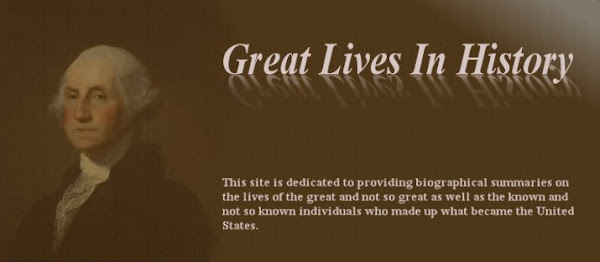 Do you know who this is?
Do you know who this is?-He married his first cousin, Katherine
-Shipped out as a cabin boy at a young age, and wound up a ships captain by the age of 21.
-Was involved in the African Slave Trade while a ships captain.
-Freed his two slaves (man servants) after he signed the Declaration of Independence.
On January 14, 1730, Captain William and Mary Cutt Whipple had their second of five children, a future signer of the Declaration of Independence: William, in their home in Kittery, located in the SW corner of modern day Maine.
Whipple’s education was limited to public school, without access to the colleges or other higher institutions of learning that many of the other signers had the advantage of going to. He was, however, tutored by his mother’s cousin, Robert Elliot Gerrish, who was a Harvard graduate. William and his two brothers grew up playing in the shipyards, learning the skills of building sailing vessels, following in the footsteps of their father by falling in love with the sea. When William was 14, he signed on as a cabin boy, beginning his merchant career. By the age of 21 he was ship’s captain, and sailed principally in the West Indies and Africa, transporting rum, rice, tobacco, and slaves.
William was wealthy enough to retire from the sea when he was 29, and joined with his brothers in business ventures, centered in Portsmouth, N.H. William prospered.
In 1767, at the age of 37, he married his cousin, Catherine (Katharine) Moffett, 35. They had only one child – a boy – who died before he was two.
The outbreak of the American Revolution would mark the beginning of William’s career as a public servant. In June 1774 he was on a committee to prevent the landing of tea in Portsmouth. He became a member of the Committee of Safety and in 1776 was sent as a delegate to the Continental Congress. He served in the Congress until 1779. He was appointed a Brigadier General in 1777, commanding New Hampshire troops at the battle of Saratoga. His meritorious conduct was rewarded by his being jointly appointed with Colonel Wilkinson, as the representative of General Gates, to meet two officers from General Burgoyne, and settle the articles of capitulation.
One story about Whipple based on a diary entry:
The day that General Whipple was leaving for Bennington he noticed that his slave boy, Prince, was hanging around the stable yard watching the preparations for the General's departure. Suddenly the General said to the boy "Hurry up Prince, we've got to go and fight for our freedom." The young boy looked his master squarely in the eye and said, "But I have no freedom to fight for, suh." This stirred the older man considerably and he replied quickly, "From this moment on you are a free man, Prince, hurry up now and we will fight for our freedom together."
Having freed his own slaves during the Revolution, William wrote this letter to his friend Josiah Bartlett:
"The last accounts from South Carolina were favorable. A recommendation is gone thither for raising some regiments of Blacks. This, I suppose will lay a foundation for the emancipation of those wretches in that country. I hope it will be the means of dispensing the blessings of Freedom to all the human race in America."
William expressed his frustration with some members of the Continental Congress in a letter in which he said:
“I am sorry to say that sometimes matters of very small importance waste a good deal of precious time, by the long and repeated speeches and chicanery of gentlemen who will not wholly throw off the lawyer even in Congress.”
After the Revolutionary War was over, William served as a representative to the New Hampshire legislature, and Judge of the Superior Court of New Hampshire.
William would die on Nov. 28, 1785. He had pledged his honor and his finances to the American Revolution, and had embodied its principals in freeing his personal servants. He was highly respected in his day for his strong religious convictions, honesty, hard work, and unblemished moral stance. It is important for us to recognize the risks that the signers took, especially if the revolution failed: They were traitors to the mother country, and the penalty for being a traitor was death.
The New Hampshire Gazette ran a full-page tribute to Whipple when he died. The article included the following quote:
William would die on Nov. 28, 1785. He had pledged his honor and his finances to the American Revolution, and had embodied its principals in freeing his personal servants. He was highly respected in his day for his strong religious convictions, honesty, hard work, and unblemished moral stance. It is important for us to recognize the risks that the signers took, especially if the revolution failed: They were traitors to the mother country, and the penalty for being a traitor was death.
The New Hampshire Gazette ran a full-page tribute to Whipple when he died. The article included the following quote:
"In him concentrated every principle that exalts the dignity of man. His disinterested patriotism and public services are now known to all. And when newspaper encomiums are lost in oblivion, the pen of the historian shall preserve the remembrance of his virtue in the breast of succeeding generations. During the long course of unequaled sufferings, he endured his lot with a firmness correspondent to the greatness of his mind.”


No comments:
Post a Comment